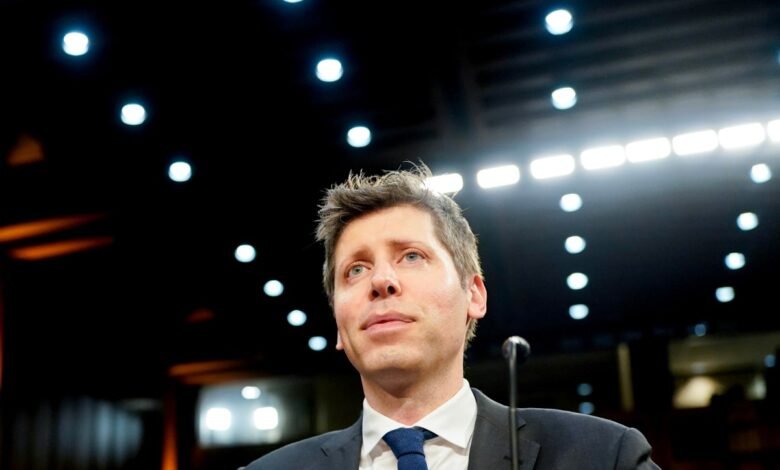
OpenAI, the developer of ChatGPT, has been determined by a Munich court to have breached Germany’s national copyright statutes. The lawsuit was initiated by GEMA, a German organization for music rights, last November, accusing OpenAI of unlawfully training its AI models on well-known music without the consent of the rights holders. This week, the court ruled in favor of GEMA and mandated OpenAI to pay an undisclosed sum in damages.
OpenAI has voiced its disagreement with the verdict and is contemplating its subsequent actions, suggesting a possible appeal. The company mentioned that the ruling pertains to a specific set of lyrics and does not impact the millions of users, businesses, and developers in Germany who rely on their technology on a daily basis.
Regardless of OpenAI’s stance, the challenge of AI training and copyright violation continues to be an issue for the company and its rivals. The New York Times, The Intercept, and Ziff Davis, the parent company of Mashable, are currently suing OpenAI, alleging that their content was utilized to train AI models without authorization.
Anthropic, the firm behind the AI chatbot Claude, reached a $1.5 billion settlement in September after a class action lawsuit by authors who contended that their works were used to train AI models unlawfully.
GEMA hailed its victory as “the first landmark AI ruling in Europe.” GEMA’s CEO, Tobias Holzmüller, proclaimed, “The internet is not a self-service store and human creative achievements are not free templates. Today, we have established a precedent that safeguards and elucidates the rights of authors: even operators of AI tools such as ChatGPT must adhere to copyright law. Today, we have successfully defended the livelihoods of music creators.”